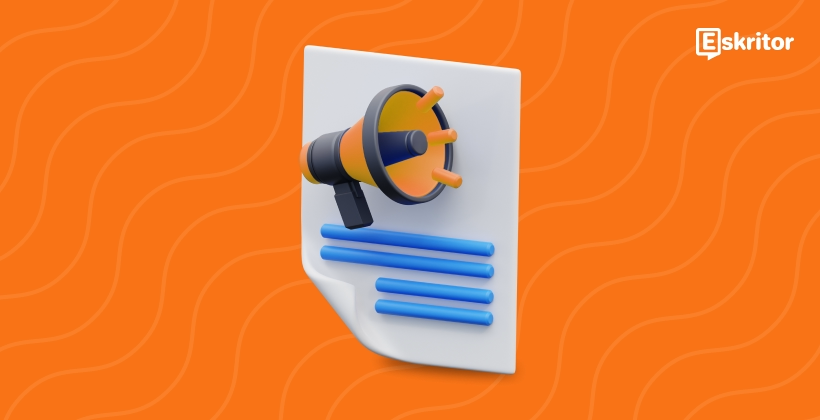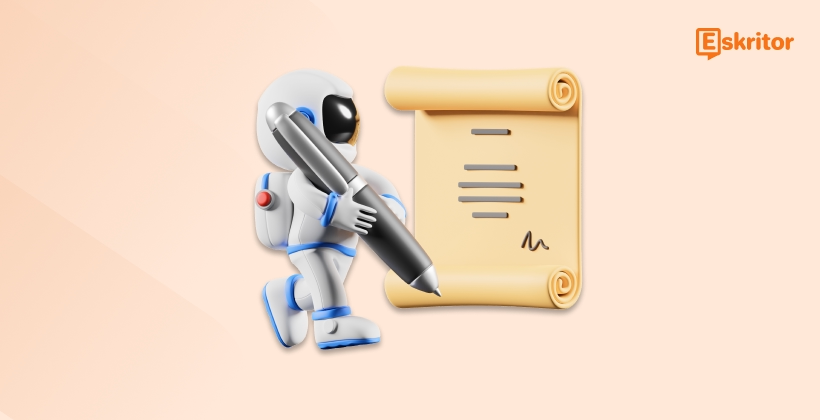The Future of AI Writing Technology Explained
The Future of AI Writing Technology Explained
Blog Article
How AI Writers Are Transforming Content Creation
As artificial intelligence (AI) evolves, it remains to revolutionize how exactly we approach contemporary editing practices. From syntax modification tools to sophisticated material generation tools, ai grammar checker is reshaping the way in which authors, editors, and creators improve their work. This website explores the role AI plays in contemporary editing and the impact it has across industries.

AI-Powered Resources Leading the Demand
AI-powered methods have grown to be an fundamental part of modifying workflows. Pc software fueled by normal language handling (NLP) and unit understanding can do responsibilities like syntax checks, stylistic ideas, and word restructuring with unbelievable speed and accuracy.
For instance, AI-based syntax pieces can recognize mistakes that the eye may possibly ignore, such as for example subject-verb agreement issues or lost modifiers. Likewise, style enhancements created by AI ensure that tone and flow arrange with the intended audience, that will be invaluable for skilled editors.
These methods aren't just limited to traditional syntax corrections. They are designed for improving readability, transforming inactive style to effective voice, and also paraphrasing whole paragraphs without changing the meaning.
Effectiveness Matches Time Savings
Studies reveal that the usage of AI instruments may lower modifying time by around 30%. Rather than poring over every word personally, publishers may concentration their attempts on creative and proper components of content. This change allows specialists to control higher volumes of text in faster times, which will be specially useful for industries like writing and digital marketing.
Additionally, predictive AI characteristics can highlight recurring problems, supporting writers improve their abilities over time. For businesses, this means fewer assets spent on changes and more finished components from the start.
Improving Availability and Globalization
AI's position in modern editing runs beyond efficiency. Sophisticated translation and localization methods allow creators to adapt content effortlessly for worldwide readers, breaking down language barriers with precision. That technology ensures that the same meaning can resonate with cultures global while maintaining its authenticity.
AI also increases inclusivity standards by improving accessibility in content. For example, methods may identify probably non-inclusive language and suggest alternatives. That ability enables editors to refine writing so it resonates with diverse audiences.

Striking a Balance Between AI and Individual Creativity
While AI excels in pace and reliability, it generally does not change human editors. Devices frequently lack the ability to interpret nuance, emotion, or national situation fully. The perfect program includes AI's performance with individual creativity and perception, resulting in truly exemplary work.
By leveraging these systems in contemporary modifying practices, builders and publishers alike may produce supreme quality material that aligns with the fast-paced needs of today's digital world. AI will be the future of modifying, however the human feel will be essential for storytelling and connection. Report this page